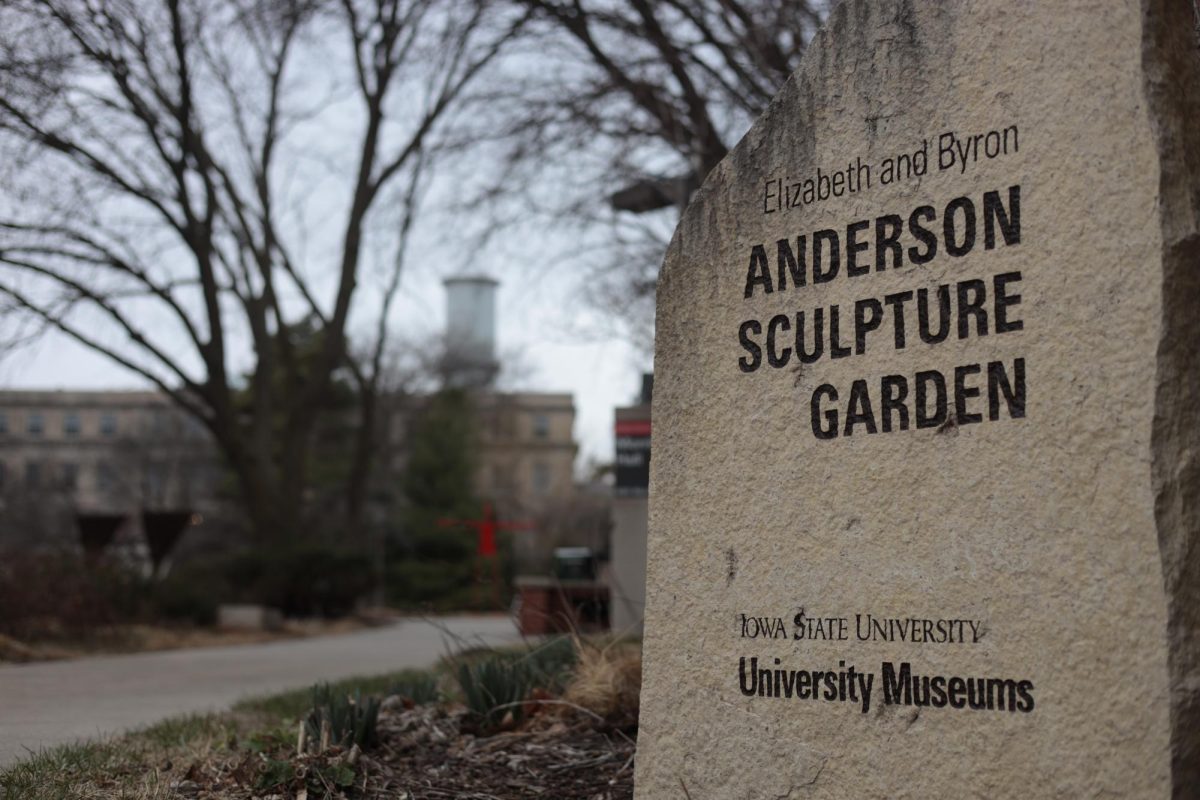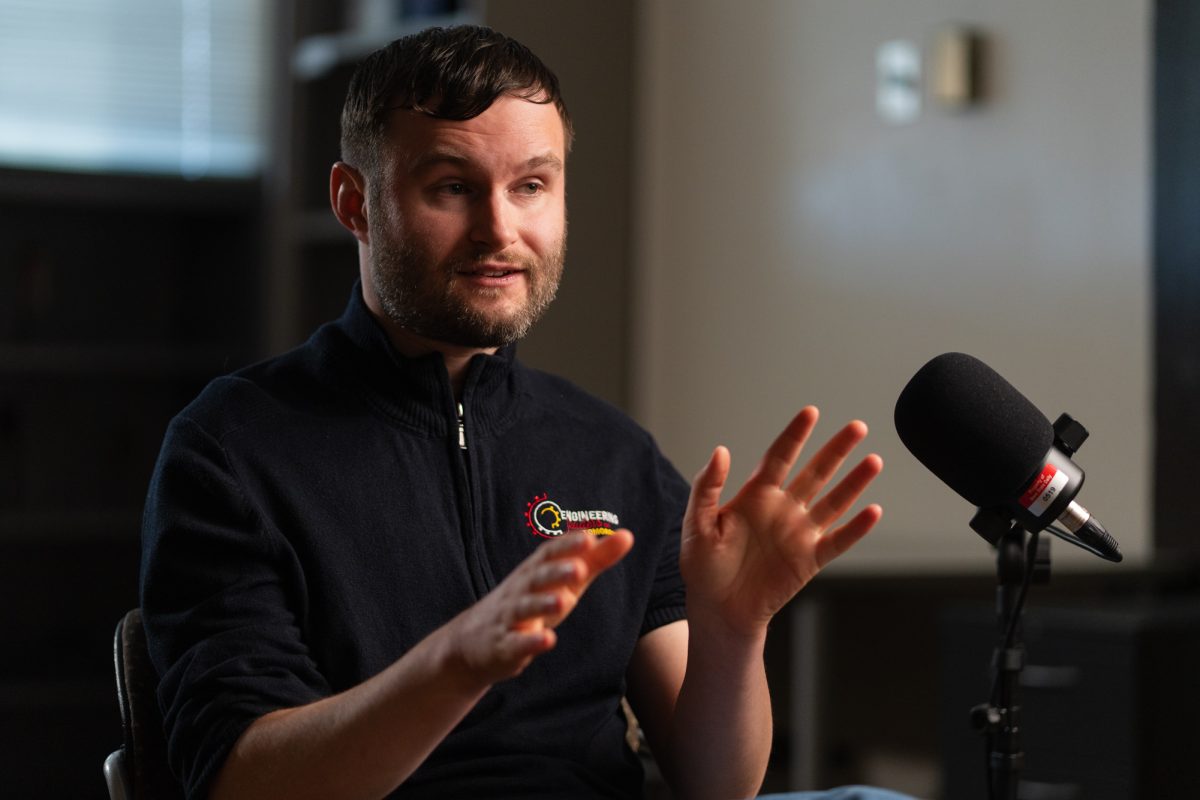Since 1994, the Catt Prize has awarded scholars specializing in gender and politics with $166,000 in funds dedicated to research projects. Every year, 40-100 scholars worldwide submit their applications and eagerly await the results to be announced and dispersed in February. This year, the deadline is Nov. 17, meaning that now is the time for all applicants to begin preparing their applications and finishing their proposals for the quickly approaching deadline.
“The Catt Prize is really the first and, for a long time, the only research prize that was available to people studying gender and politics,” director of the Carrie Chapman Catt Center for Women and Politics Karen M. Kedrowski said. “It is really one of the ways that the Catt Center is known nationally.”
The Catt Center wanted to emphasize that anyone can apply for the Catt Prize. From faculty and graduate students to independent scholars, all are welcome to apply.
“As long as you’re studying gender and politics and you can justify how you will use the award, you are welcome to apply,” Kedrowski said.
The Catt Prize has been known for launching the careers of award winners. This award has the ability to fully fund research, create professional relationships and kickstart careers in applicants’ desired career fields.
Robin M. LeBlanc was awarded the Catt Prize in 1994. Now, she is a professor of political economy at Washington and Lee University in Virginia.
“The Catt prize helped me in all sorts of ways,” LeBlanc stated in a written statement to the Daily. “First, it gave me the courage to continue with a project that became my first book, Bicycle Citizens: The Political World of the Japanese Housewife. That book is still the work for which I am best known in Japan Studies, and students around the world still read it.”
LeBlanc also shared how the Catt Prize has helped her in a non-academic setting.
“Over the years, whenever I’ve encountered doubts from others or myself about my work, I’ve been able to think back to winning the Catt Prize and remind myself that my first unusual project won the support of other gender scholars,” LeBlanc stated.
Now, because of her hard work and the help of the Catt Prize, she is a well-known and professionally recognized professor, author and scholar.
The Catt Center has a “double-blind” peer review process to ensure that the application process is as unbiased as possible.
“The people who apply don’t know who is going to be reviewing their application, and those who are doing the reviewing don’t know who applied,” Kedrowski said. “That’s the industry standard on how to have reliable reviews while minimizing any conflicts of interest.”
After the initial review, each application will be sent to three individual academics to review again. These academics have a set number of “points” they are expected to disperse between the applications they review, with more eye-catching applications gaining more “points.”
Finally, after all the applications have been reviewed and assigned “points,” the Catt Center will seek a consensus within the reviews to determine the winners. In previous years, the Catt Prize has been awarded to one to six individuals per year.
“Winning the Catt Prize and traveling to Iowa State to present my work and talk with scholars there also gave me a sense of legitimacy as a young scholar that I tended to deny myself,” LeBlanc stated.
For scholars interested in applying for the Catt Prize, visit the Carrie Chapman Catt Center for Women and Politics website for more information.








